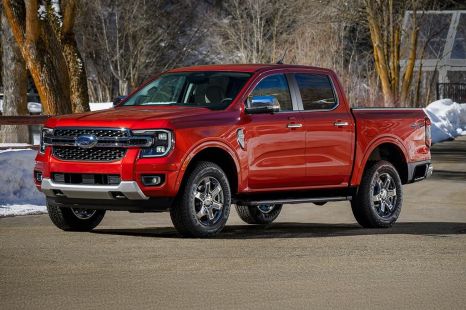

Damion Smy
Ford Ranger-sized EV ute must prove itself in US before global rollout
27 Minutes Ago
Starring ex-Tesla personnel, it is perhaps no surprise that Lucid has emerged as one of the more notable American EV start-ups.

Contributor
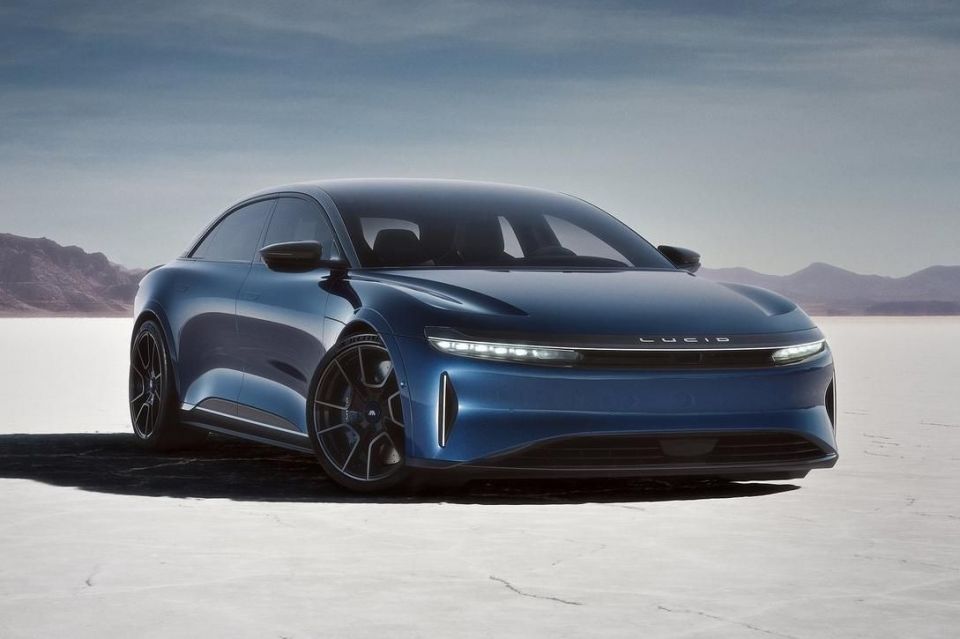

Contributor
The emergence of Tesla as a leading carmaker in the EV space over the last 10-15 years has perhaps proved two things.
Firstly, in a world full of behemoth companies with glittering histories that can trace their origins back decades, it is still possible to create an innovative new company that can rival the industrial giants.
But secondly, based on the number of companies that have tried and failed, the capital-intensive car industry is one of the most difficult environments for a start-up to thrive in.
Lucid is one of these start-ups that is aiming to beat Tesla at its own game, and take on the older incumbents too.
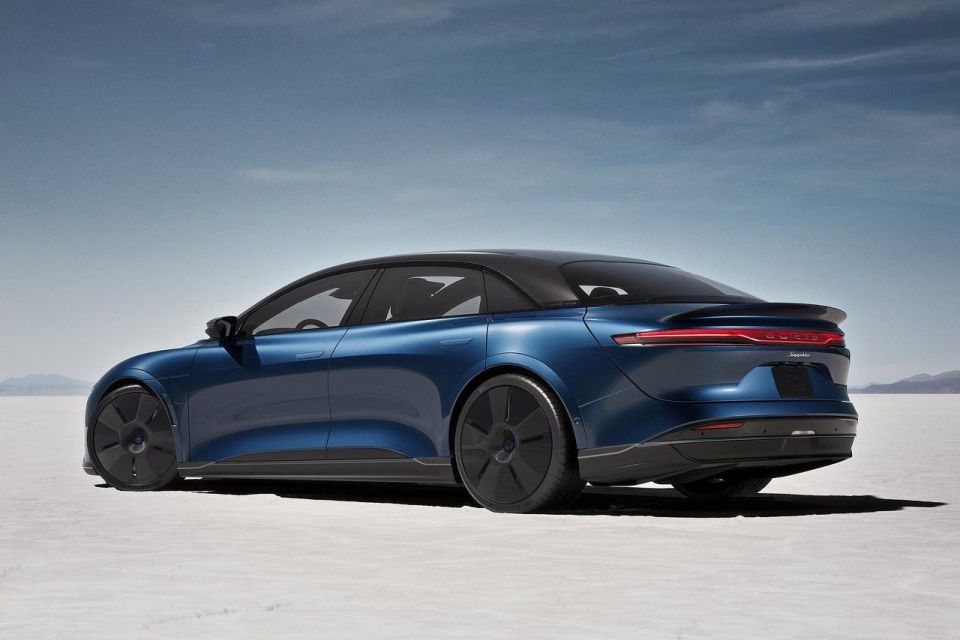
Formally known as Lucid Motors, the company was founded approximately four years after Tesla in 2007, and was known initially as Atieva.
Focusing on producing batteries, electric powertrains and other associated components for other manufacturers, Lucid was able to gain substantial experience in how to develop these technologies in a context suitable for use in the automotive industry.
As a sign of its ambition, in 2013 the company poached Peter Rawlinson and employed him as its Chief Technical Officer.
Rawlinson had previously worked as the VP of Vehicle Engineering and the Chief Engineer of the landmark Tesla Model S, and along with design head Derek Jenkins (of Mazda pedigree), formed a backbone of personnel with significant experience.

This initial expertise allowed the company to build its own complete 670kW EV powertrain in 2014, that the firm claimed could accelerate from 0-60mph (96km/h) in approximately three seconds.
This was a massive step towards the company building and selling its own car, and correspondingly, the firm rebranded from Atieva to the far more memorable Lucid name in 2016, and directly signalled its intention to mass produce vehicles under this name.
Of course, mass producing a car also means having a factory to build it in and the funding to set up a supply chain to source parts, tooling and other components.
Somewhat ironically for a company focused on sustainability, this is where the oil wealth of Saudi Arabia assisted greatly.
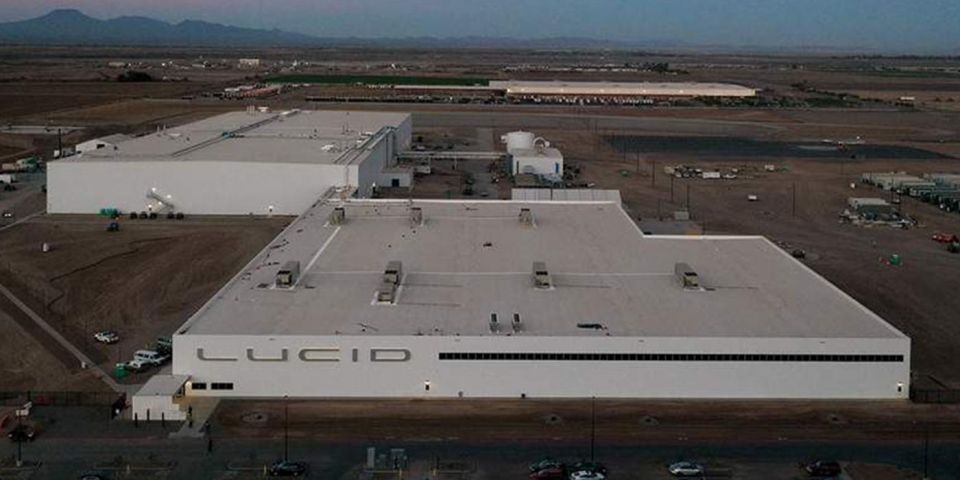
With the Middle Eastern nation looking to diversify its economy, the country invested an initial $US1 billion in the fledgling carmaker, which together with funding from other sources, assisted it to complete an initial Phase 1 development of a new factory in Casa Grade, Arizona, with an initial production capacity of 34,000 vehicles per year.
Commensurate with this, more hires from the ‘legacy’ automotive industry followed, such as VP of Global Manufacturing Peter Hochholdinger in 2019, who had previously spent more than 20 years at Audi.
Today, Lucid is a publicly listed company with shares trading under the ‘LCID’ ticker symbol on the Nasdaq exchange, and has a market cap of approximately $US28.4 billion, just below rival startup Rivian, and similar to established companies such as Tata Motors and Volvo.
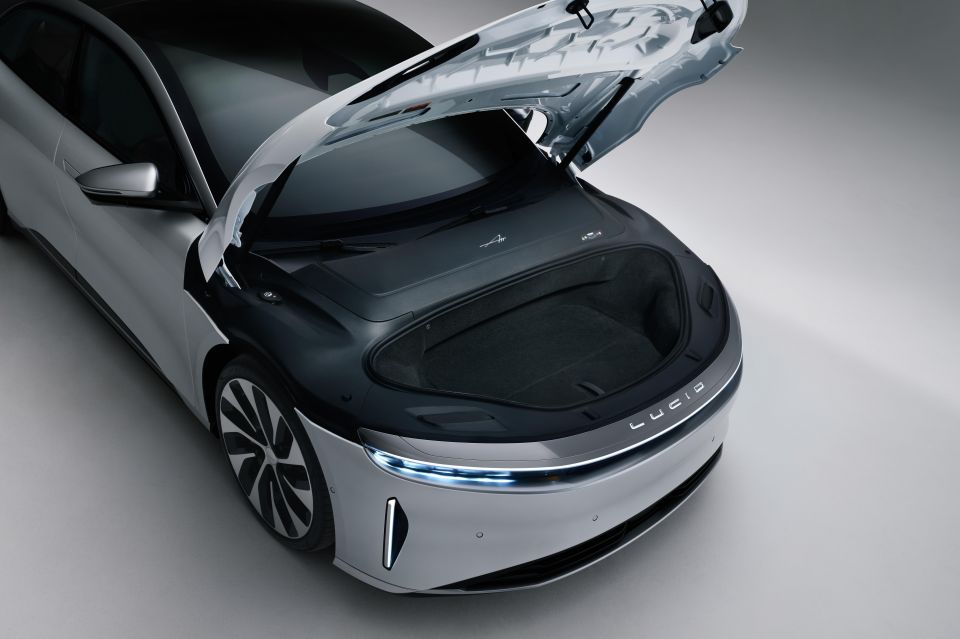
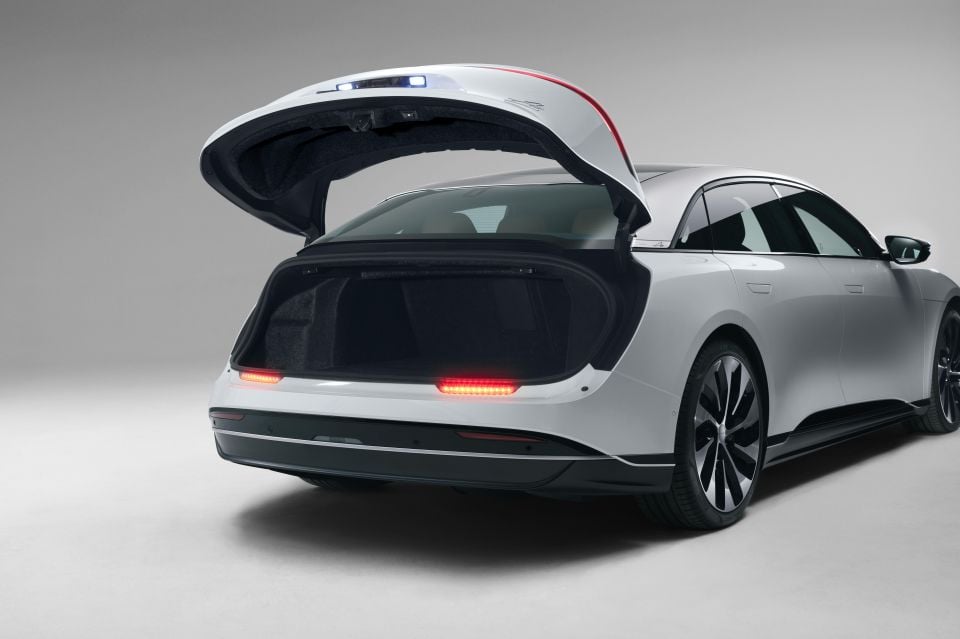
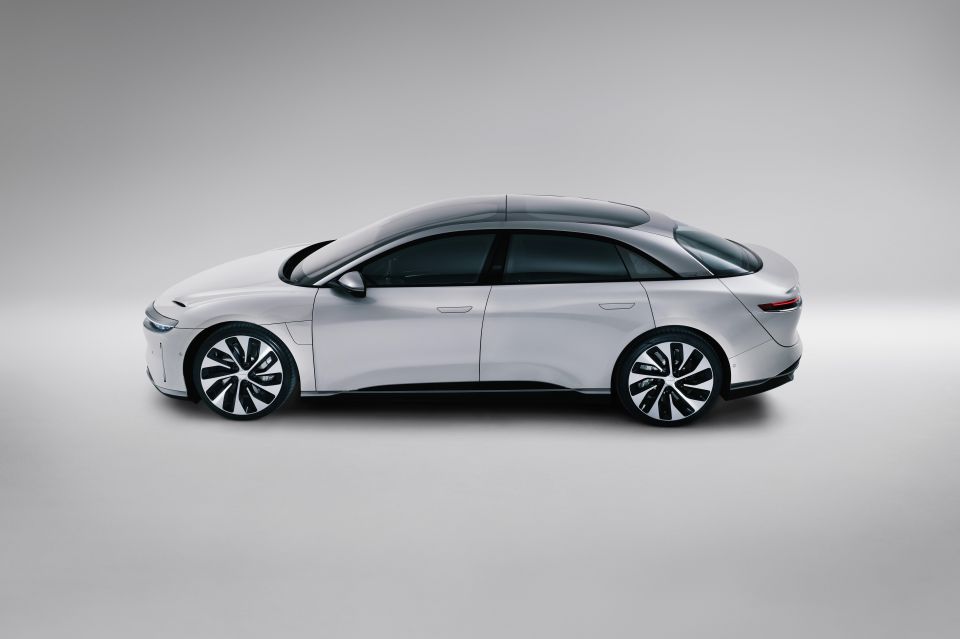
Lucid’s current model range is very simple. It consists of one model, namely the Air, which is a sedan positioned to directly rival the Tesla Model S.
Featuring innovations such as a 900V electrical architecture, a drag coefficient of just 0.21 and what Lucid claims is the largest front trunk (boot) in its class, the Air commenced production for the North American market in 2021.
The initial Dream Edition Range variant offers a claimed range of 520 miles (836km) on the demanding EPA test cycle, and thereby the record as the world’s longest-range mass-produced electric car.
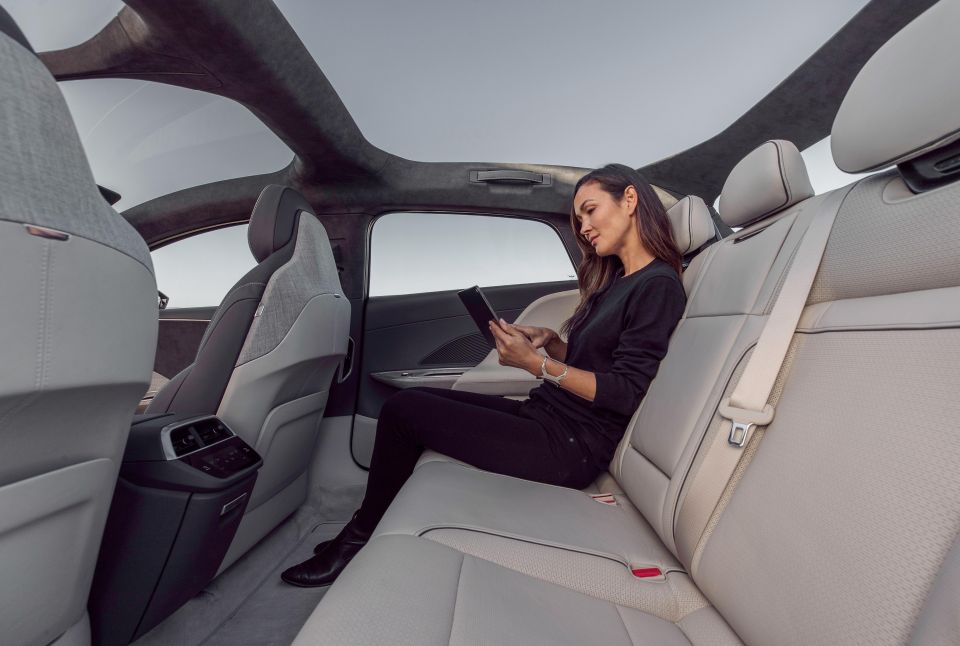
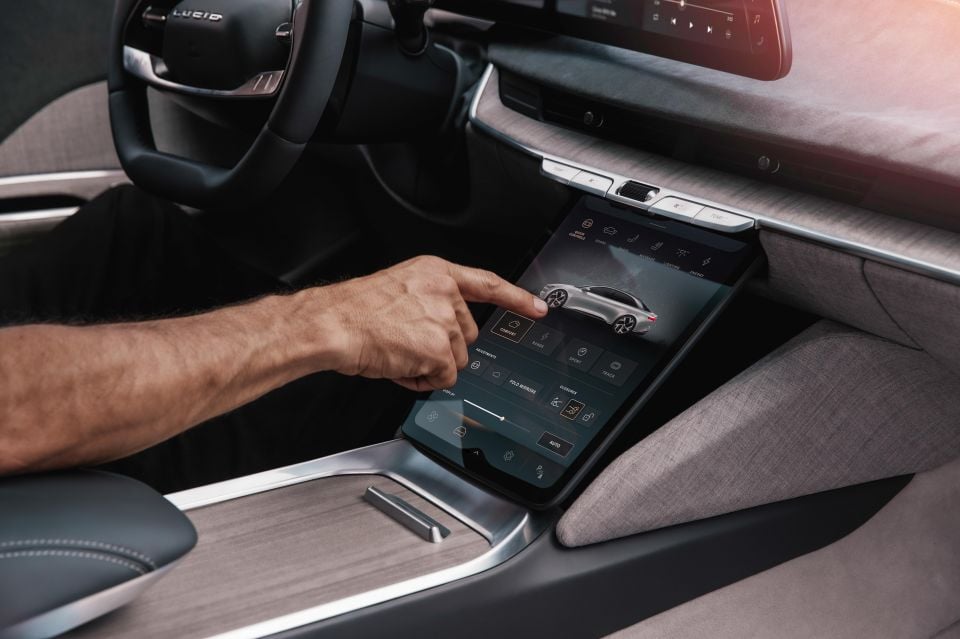
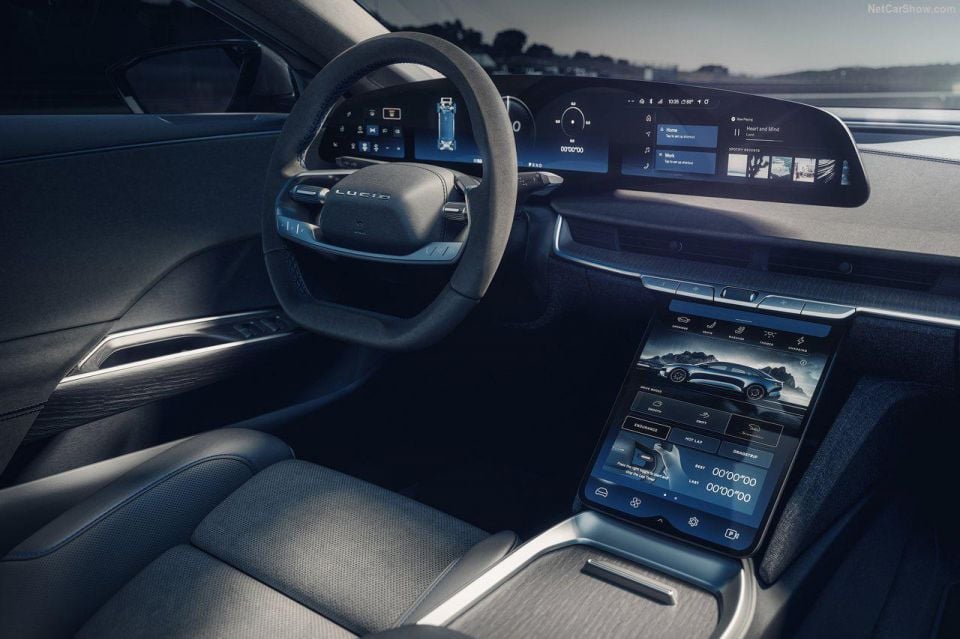
Perhaps just as impressive as its range is the model’s performance. The latest Lucid Air Sapphire variant, unveiled recently, features Lucid’s first tri-motor powertrain with two rear-axle and one front-axle motor to offer performance that surpasses the Tesla Model S Plaid.
With a total power output of 1200 hp (equating to 895kW), Lucid claims that the Sapphire can not only accelerate to 60mph (96km/h) in under 2 seconds, but also complete a standing quarter mile in under 9 seconds and accelerate to 100 mph (161km/h) in under four seconds.
To stop the vehicle, carbon ceramic brakes are included as standard on this variant.
Naturally, stratospheric performance also means stratospheric pricing, and whilst the entry-level Air Pure is available from $US87,400 (equivalent to $125,200), the Sapphire is priced at $US249,000 (equivalent to $356,700), with the caveat that these prices are before all taxes and on-road costs.
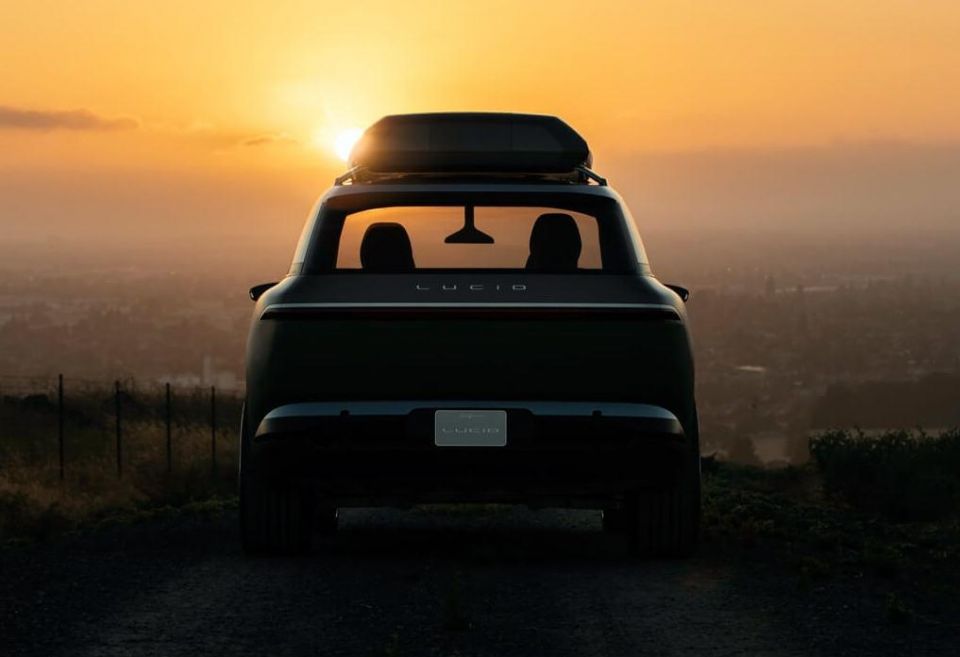
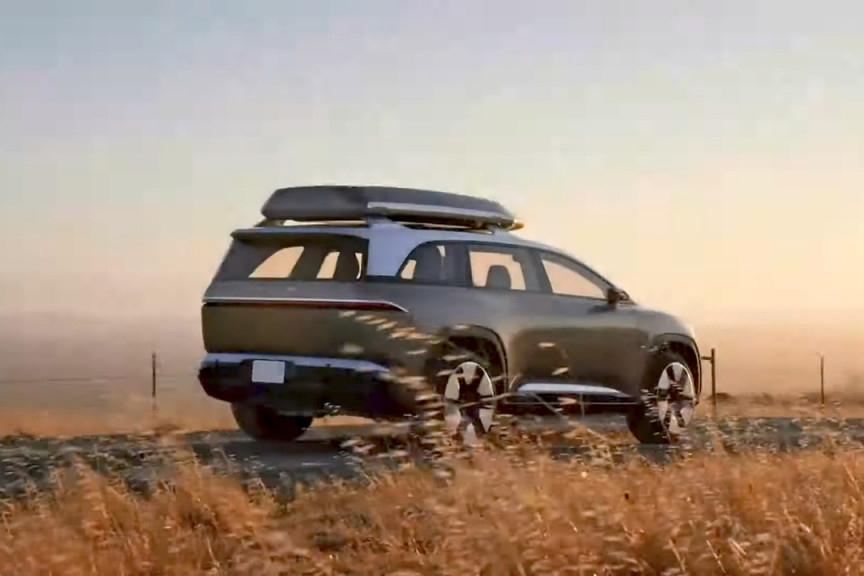
Apart from potentially even more versions of the Air sedan, the next new model expected from Lucid is the upcoming Gravity SUV.
Expected to be on-sale in 2024, Lucid claims that this will be a comfortable seven-seat SUV in the vein of models such as the Mercedes EQS SUV and BMW’s X7.
Sharing a platform and technologies with the Air sedan, Lucid claims the Gravity will have a minimum range of at least 400 miles (644km) from a 113kWh battery pack (similar in size to the Lucid Air).
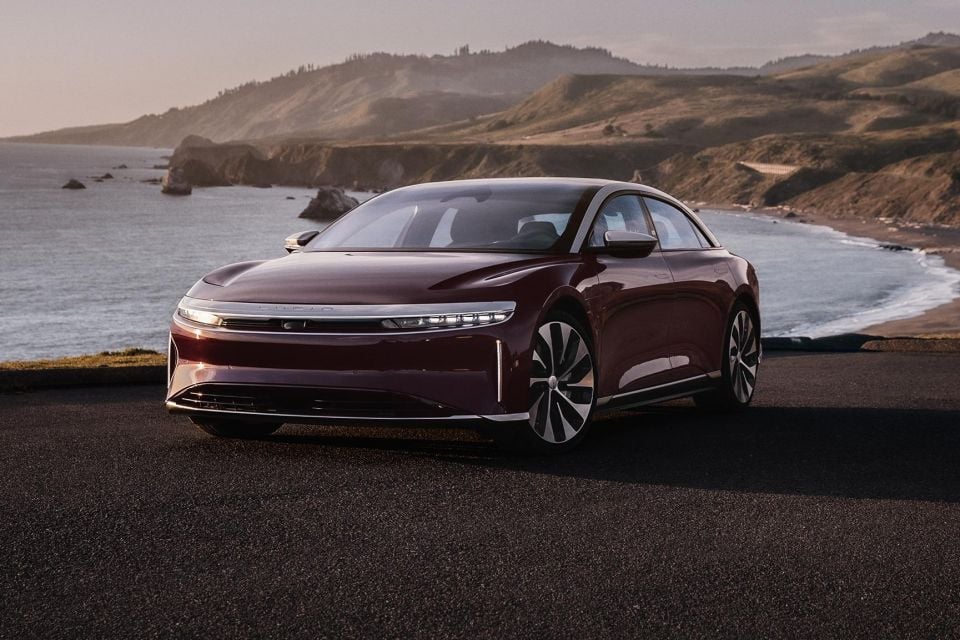
Lucid is currently focusing on ramping up production to meet North American demand, with the company already revising production forecasts downwards due to various supply chain and pandemic related issues.
The company has announced sales will expand to left-hand-drive European markets in late 2022, with retail showrooms currently in the process of being set up. Exports to China and other markets such as the Middle East are expected to follow shortly afterwards.
Whilst it is rumoured that the Air sedan has been designed to be produced in right-hand-drive since its inception, the timing of these variants remains unclear.
Dig these weekend pieces? More like this one can be found here:
MORE: Polestar brand overview, and what’s next MORE: Smart, where is it now? MORE: DeLorean, what is happening? MORE: Brabus, a quick look at the famed Benz tuner MORE: Brand overview, Chery MORE: SsangYong, the history of a brand with an uncertain future MORE: Brand Overview, Ora MORE: Brand overview, BYD MORE: Brand overview, Xpeng MORE: Brand overview, China’s Human Horizons, aka HiPhi


Damion Smy
27 Minutes Ago
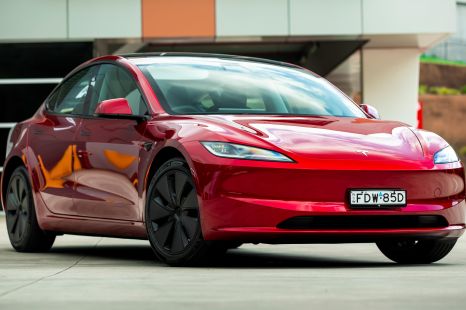

Damion Smy
2 Hours Ago
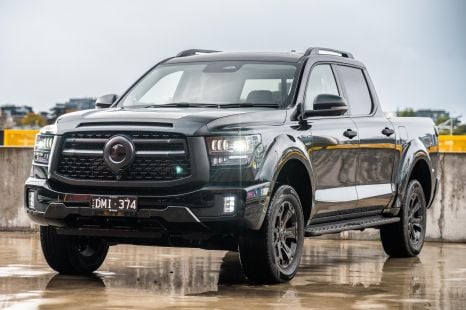

Damion Smy
3 Hours Ago
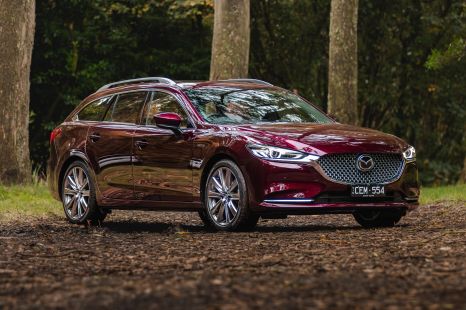

William Stopford
5 Hours Ago
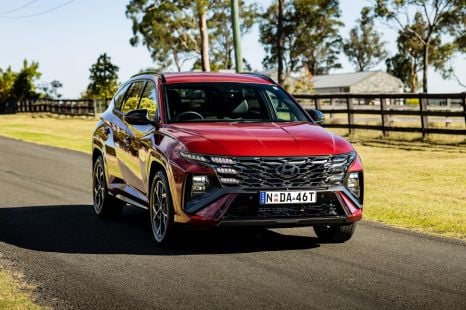

Matt Campbell
13 Hours Ago
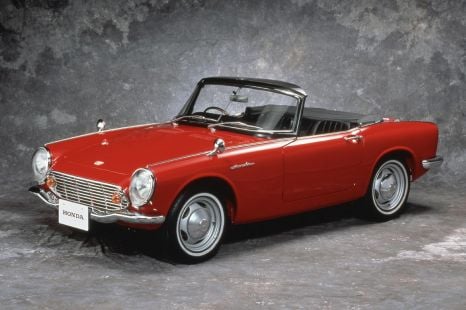

Max Davies
1 Day Ago